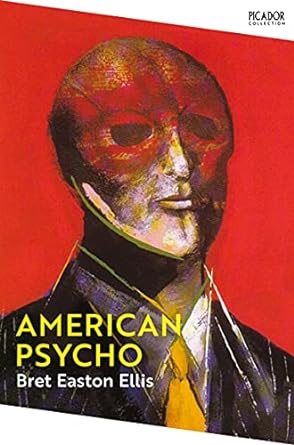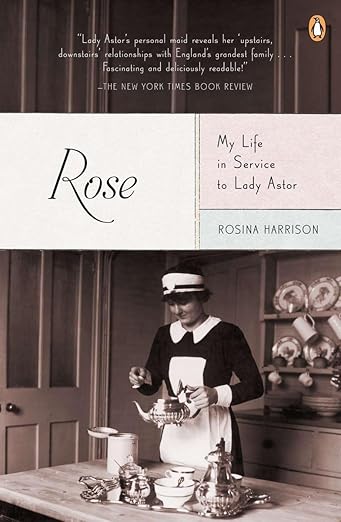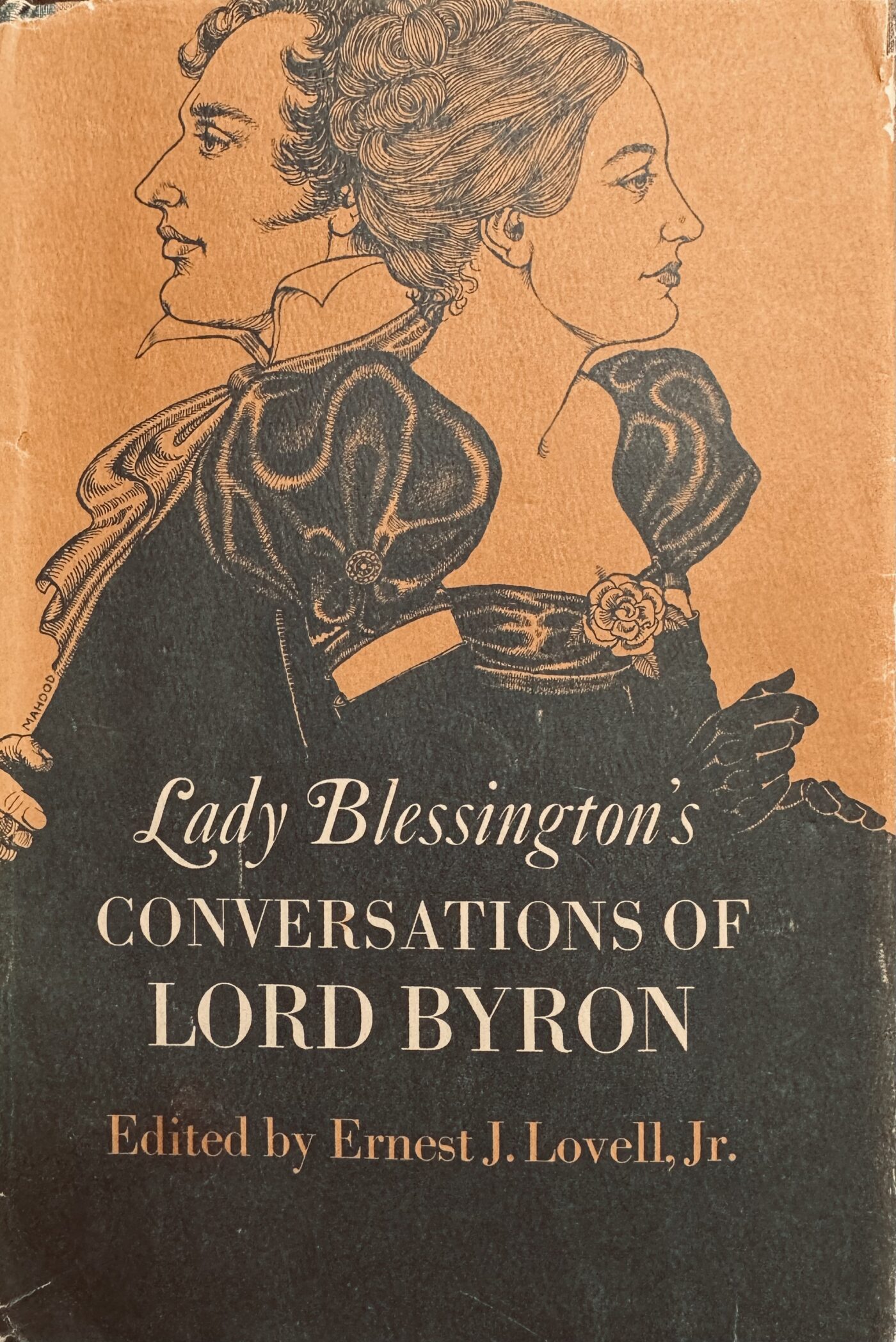NIGHTSTAND
Books we recommend
AMERICAN PSYCHO By Bret Easton Ellis
Vintage, $18 (1991)

I’m writing this recommendation from the window seat aboard an Airbus 320 airplane, United Airlines flight from Philadelphia to Denver to visit two of my wife’s four nieces – these two live in Denver and Golden. This was my first time flying out of Philadelphia International Airport. It’s a bit weathered, and nothing compared to the three major airports in New York that I’m used to despising, but like them and all others, the prices for anything is higher than a canister of nuts from any hotel minibar. But, getting through security was a breeze compared to what we typically experience at those three New York airports. We didn’t check any baggage because that’s just amateur hour. We haven’t checked luggage since November 2019 when we went to Disney World for Thanksgiving and we packed one giant duffel bag. If you’re checking luggage, you’re overpacking. On this trip, my son used an orange Gregory backpack with so many pockets, my wife a black rollie that she’s been using for decades, and I used the Sealline Urban Dry Daypack. I wore a light blue short-sleeved oxford and very faded navy-blue shorts, both from Target (they’ve really upped their game in the fashion aisles), Balega socks because they are the most superior sock, and a pair of Brooks sneakers. I don’t run, but I need them for comfort because of conditions in my neck and lower back. Our flight departed on time at eight o’clock in the morning. It was a full flight, nearly 40 rows, and nearly all with six seats across, except, of course, for those six rows in first class. The free snack options on the four-hour flight, which landed thirty minutes early but we had to wait twenty minutes because we had to wait for a plane to depart the gate (so much for arriving early), were a That’s It fruit bar, Undercover Snacks dark chocolate quinoa crisp and a savory mix of pretzels. I didn’t catch the brand of the pretzels. I chose the quinoa crisp and washed it down with tomato juice. In the seat back in front of me was the in-flight magazine, Hemispheres. I read about three perfect days in Paris, a question and answer with wrestling legend-turned-actor John Cena and completed most of the crossword puzzle in my head. There was also a card for the United Visa credit card. It’s about time I start re-evaluating other credit cards for better travel awards and benefits. My current one, the American Airlines Mastercard, has done me well, but I can always do better. The blond flight attendant hand wrote a promo code on a cocktail napkin for me….
What do you think of this minutia? Do you find me to be a psycho?
Brett Easton Ellis’ Patrick Bateman most certainly is, going through life narrating every step of his, which is a luxurious yet repetitive malaise of drugs, fancy dinners, women and designer suits. But he’s bored, so he murders people – each one more gruesome than the last.
About an ounce of me felt sorry for Patrick. Despite his status at his firm and industry, everybody calls him a different name. And when he does reveal, very genuinely, that he’s into “murders and executions” to some hardbody at a club, she doesn’t flinch because of how into herself she is. But would all this drive you to torturing people and skinning their flesh and lopping off body parts and freezing said body parts?
Patrick’s actions in the last quarter of the book were very disturbing to the point I almost put the book down, but Easton Ellis continues to draw you in with his commentary on the vacuous life of Wall Street in the late 1980s, which was somewhat foreshadowing of today’s culture. No matter how much of anything you may have, the monotony strips away all joy.
~ Jason Stahl
ROSE: MY LIFE IN SERVICE TO LADY ASTOR by Rosina Harrison
Penguin Books, 1975, $16

If revenge is best served cold, then there’s nothing frostier than the revenge of a personal maid. As anyone who’s ever had a housekeeper can attest, this person is privy to your habits and peccadillos and probably knows more about you than your therapist or your friends.
Rose from Yorkshire, England, arrived at the Astor’s mansion in 1928 and soon became Lady Astor’s personal maid, which entailed navigating her mistresses’ whims, wishes, and sucking up verbal abuse. As this fetching memoir reveals, Lady Astor’s oft repeated refrain to Rose was, “Shut up, Rose.” At other times she “shouted and rampaged like a fishwife.” And Rose tells us that her boss was “sadistic and sarcastic.”
One might wonder why Rose stayed on with Lady Astor for thirty-five years. It turns out the perks, even second hand, were sweet, and in the hierarchy of domestic service, she had reached the star-dusted pinnacle. She studied French, traveled at Lady Astor’s side on frequent trips to Paris (where they stayed at a now defunct hotel in swanky Place Vendome), managed packing and caring for the multitude of suitcases, waited while Lady Astor’s pearls were annually restrung, every morning set out her undergarments in a silk pouch, and any other niggling thing that might come up. Rose was part lap dog to always be taken along, and part Fixer to always sweep aside the unpleasantries or untidy detritus of daily life.
Lady Astor (1879 – 1964) was an American divorcée who moved to England, married American born Lord Astor, and was the first woman to serve as a Member of Parliament. She had a predilection for offending people: her outspoken support of the Nazi regime ousted her from Parliament, her anti-Catholicism riled acquaintances such as Joseph P. Kennedy Sr., she offended African Americans by suggesting they should be grateful for slavery, and eventually became estranged from her husband and children. Throughout it all, Rose was at her side.
Peering through her maid’s recollections, Lady Astor’s life reminds one how vast wealth can protect, can imbue a sense of innate confidence to say and do as one pleases.
~ Helen Mitsios
Out of Print Books We Love…
Out of print books are recyclable and inexpensive. If you don’t mind reading on a screen, they can be downloaded for free. No virtual strings attached.
LADY BLESSINGTON’S CONVERSATIONS OF LORD BYRON, edited by Ernest J. Lovell, Jr.
Princeton University Press, 1969. $6.50

Lady Blessington knew Lord Byron for about all of two months. But did she ever make the best of it. She wrote a microscopically definitive study of him, and their conversations (a few hundred pages) published in 1834, propelled her writing career into both fame and harrumphs. She states that she “remembers” her conversations with Byron and quotes pages verbatim, saying she rushed back to her room as soon as they parted to jot down his words.
When her family was traveling through Italy on a grand tour, as aristocrats were wont to do, Lady Blessington crossed paths with Byron in Genoa. She was then 33, a year older than Byron. They met regularly (and no, they didn’t have an affair), and talked late into the night fueled by the Regency’s adoration of good conversation, good food and wine, and the ineffable good vibe of Italy that liberates the spirit.
Like many a lady before her, Lady Blessington came under Byron’s spell, and must have been quite mesmerized as she refused to return to London with her husband when his 10-year-old son died. Some scholars speculate this is the reason that in his will he left her an annuity of only
£ 2000 a year, a meager sum considering her lifestyle. She died in Paris, having lost what was then referred to as a man’s “protection.” (This brings to mind a similar life trajectory with the exceptional Lady Hamilton whose dates overlap with Lady Blessington, as she too rose from humble birth to titled wealth, not to mention an affair with Admiral Nelson, and then died in near poverty.)
Conversations begins with Lady Blessington’s first impressions of Byron on April 1, 1823: “Saw Lord Byron for the first time. The impression of the first few minutes disappointed me … I had fancied him taller, with a more dignified and commanding air, and I looked in vain for the hero looking sort of person with whom I had long identified him in imagination.” Though let into Byron’s voluminous thoughts on every conceivable subject—she famously notes his “incontinence of speech,” much to her evident disappointment—she was never able to beguile her way into his inner circle or his heart.
~ H.M.









